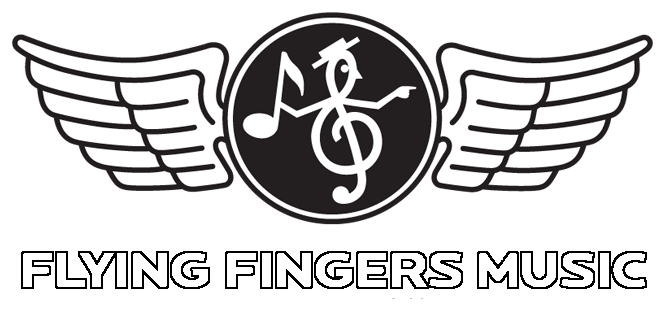You know what they say about free advice, right? You get what you pay for. Well, that's not true here friends. Consider the tips for success below thoughtfully, because not taking this free advice just might cost you later.
When a new family signs up for music lessons, we send them right here (to this very page). That's because it's so important for parent and child to really understand what they are getting into. Did you notice the word "parent" in the previous sentence? Here comes the first and most important tip - it's intended for the financial backers of this campaign:
 Tip 1:
Tip 1:
Your child is not the only participant in this activity who lives at your house. Your involvement, interest, support, and encouragement are of paramount importance. Really accepting that role will help prevent you from morphing into that nagging parent who is more a source of friction than momentum. Often, children who might be struggling with their instrument, take their parents lead on disengagement. This isn't like ordering "take-out" for the kids - showing an ongoing interest will work miracles. And so when your child is repeatedly making that "killing the cat" sound that's driving you up the wall, or when they are fussing with you about not wanting to practice, you may just have to dig down deep to realize that they might be having some difficulty adjusting to this new responsibility in their lives, too, and perhaps not necessarily equipped with a better way to express it.
Tip 2:
Make this activity a priority in your child's life equivalent to any of the other activities you expect success with. As you can imagine, this is going to require some level of commitment from you and your child, with matching expectations on progress. Right away, it would be wise to have a parent/child agreement in place about this topic.
Tip 3:
Communicate with your teachers routinely. We know that's often easier said than done. But the fact is that the better your relationship and the stream of dialogue is with your teacher, the better understanding you will have of how things are supposed to be working and how they are actually working. It's an opportunity for you to voice your feedback as well. Regular check-in's with your instructor will simply improve your overall experience with your child's lessons.
Tip 4:
Interact! Ask your child to play for you. This is, perhaps, the most positive way for your child to know that you are interested in their progress. Take the time to recognize how wonderful and talented he or she is by simply saying "You sure are sounding good with that new song you're working on. Would you mind if I come listen?"
Tip 5:
Interact! Talk about music with your children. Tell them what your favorite song is and why. Tell them who your favorite singer is. Tell them why your absolute favorite type of music is polka. Ask them questions about their favorites. Tell them about a concert you went to. Take them to a concert. Flip off the news radio in the car and crank up the tunes. Go on amazon (with the help of your teacher) and order your child's favorite Disney songbook. Use our website to find a good music joke. Hopefully, you see where we're going with this - music lessons are an opportunity for you to actually enhance your relationship with your children.
Tip 6:
Incentives can be motivators to getting results. Isn't it nice to be rewarded for your hard work? And aren't those treats sweeter when you don't expect them? When someone surprises you that they were noticing? In an age where kids have plenty of their own toys, video games, clothes and phones, you as the parent will have to figure out how to say "good job" to your child every once in a while. However, incentives should not be used as a desperation tactic to beg your child to cooperate.
Tip 7:
As tempting as it would be to confine the drumset to the garage, or to hide the guitar amp in the basement, remember "Out of sight, out of mind". Indeed, it may get a little loud around the house now and again, but it is a key strategy to keep your child's instrument in a visible and easy to access location in your home. Your busy child can use all the help he or she can get with simple reminders like this.
Tip 8:
Eight is great! It's actually quite important, too. Consistency with your child's music lessons are critical to their momentum. Breaks in that routine can let the air out of the balloon surprisingly quickly. Assuming you don't want to watch your balloon (or your financial investment) to shrivel up to a wrinkled mess, we highly suggest keeping cancellations and extended "breaks" from your child's lessons to a minimum. Bonus tip... be especially aware of Tip 8 as we enter the summer months. kids who don't see their teachers over the summer are at the highest risk of letting their interest evaporate in the hot Georgia sun. Wouldn't that be a waste?
Tip 9:
One last thought for now, ok? Help your child (or help encourage your child) to keep their practice environment clutter free and their music books and papers organized. We all focus better when our surroundings don't require "caution tape" and a "hazmat suit" to enter. Your child should be able to quickly locate their assignment books and any music they need to be working on. Your child may require your help in this matter while they are very young, but this will certainly play a part in encouraging them to play and taking pride in what they do.
